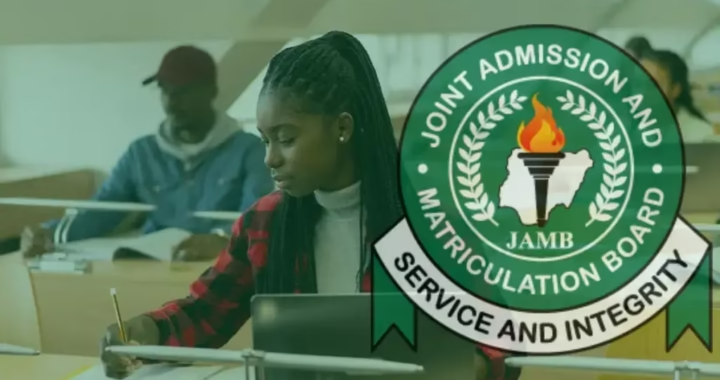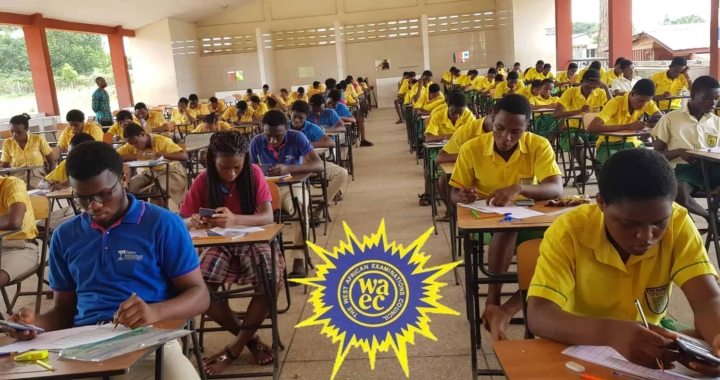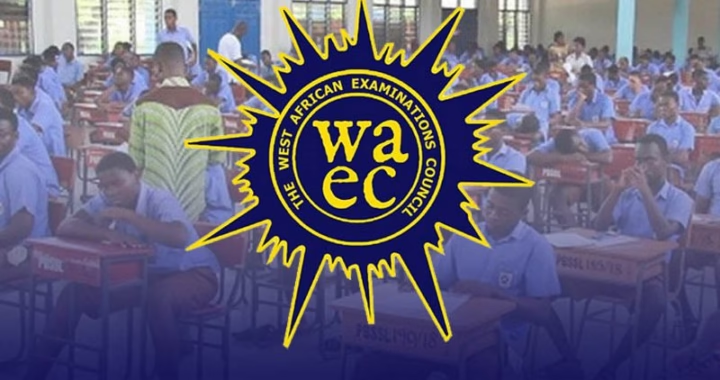10 things you must never do in the exam hall?

Do you know the 10 things you must never do in the exam hall? What if there are implications of making wrong choices while in the exam hall?
In the search for academic excellence, the exam hall serves as a significant arena where students face the culmination of their efforts. However, this environment may also present temptations and pressures that lead to actions harmful to academic integrity and personal success. To promote a culture of honesty and protect their own academic future, there are ten critical actions that students should avoid during exams.
No. 1: Getting involved in cheating
First of all, one of the most serious mistakes a student can make in the exam room is getting involved in cheating. Cheating not only compromises one’s integrity of work, but it can also lead to serious consequences, including expulsion. Students who resort to dishonest practices not only risk academic penalties; They devalue their own learning and can undermine their confidence in their skills. Recognizing that true success is measured by personal growth instead of just notes can help discourage these actions.
No. 2: Trying to collaborate with colleagues during an exam.
Secondly, trying to collaborate with colleagues during an exam is another harmful practice. Although teamwork may be beneficial in study environments, the examination room is designed for individual performance. Collaborate dishonestly during an examination interrupts justice and compromises the evaluation process. It is critical for students to adopt their individual abilities and trust their preparation rather than inadequately seeking foreign aid.
No. 3: using unauthorized materials or resources
A third action to avoid is the use of unauthorized materials or resources, such as cheating leaves or electronic devices. This practice not only fits academic dishonesty, but can also lead to serious disciplinary actions. Students must understand that knowledge derived from the study is invaluable and that trusting the educational process in shortcuts. Trusting the knowledge and preparation of someone promotes a greater sense of realization than resorting to prohibited resources.
No. 4: Trying to distract colleagues.
Also, you need to avoid the error of trying to distract colleagues. Involvement in disruptive behavior can make it difficult to concentrate other people and undermine the overall integrity of the exam environment. This selfish action not only reflects badly on the individual, but also generates an atmosphere of negativity that can affect performance in general. Respecting the focus and commitment of colleagues with their own success is crucial to a constructive exam configuration.
No. 5 : Procrastination that preceded the exam.
Another critical error is the procrastination that preceded the exam. Information performance at the last minute can create anxiety and result in poor performance. Students should cultivate a routine that promotes consistent study habits and time management. By approaching their studies methodically, students increase their confidence and maintain the information better, leading to greater academic performance.
The sixth action to avoid is the act of misrepresenting personal abilities. This includes underestimating academic history or inflating the importance of small achievements. This not only creates pressure to maintain a facade, but also impairs genuine efforts and achievements. Students should focus on honest self-assessment and personal development instead of comparing each other with others or beautify their experiences.
No. 7: Failing to follow the instructions provided during the exam
Also, failing to follow the instructions provided during the exam can lead to preventable errors. Failure to read and understand exam guidelines can result in misinterpretation of questions that end up sabotaging performance. Students should take a moment to carefully review all instructions before proceeding. Book a time to understand what is necessary not only to show respect for the exam process, but also increases the confidence in answering the questions correctly.
No. 8 In addition, entering the examination room with a defeatist attitude can sabotage performance. Negative internal conversation and lack of belief in one’s abilities can lead to anxiety and poor performance. Students should cultivate a positive mindset and affirm their preparation. Emphasizing self -confidence and maintaining an optimistic perspective can sharply increase performance.
No 9: Involving yourself with distractions when the examination is started is another action to be avoided. If this involves focusing on the behavior of others or allowing external noise to interrupt concentration, distractions can lead to a significant decline in performance. Establishing a mentality focused from the outset is essential for an effective examination experience.
10: Finally, not prioritizing personal well-being before the exam may have harmful effects. This covers neglecting sleep, nutrition and general mental health. Students should recognize the importance of proper preparation that includes adequate rest and stress management techniques. A well -rested and physically nourished mind is much more able to perform well on an examination than the one that has been neglected.
READ: Download BECE sample questions and 2024 BECE questions and answers
These critical actions emphasize the importance of integrity and personal discipline in the exam environment. By avoiding cheating, unauthorized collaboration, distractions and other practices that undermine personal integrity and success, students can equip themselves with the mindset and tools needed to prosper. Finally, academic integrity builds a basis not only for personal achievements, but for improving the academic community as a whole.
Discover more from
Subscribe to get the latest posts sent to your email.



 How To Fill JAMB Form Correctly: Detailed Guide To Submitting Accurate Information
How To Fill JAMB Form Correctly: Detailed Guide To Submitting Accurate Information  How to indicate plural forms of nouns
How to indicate plural forms of nouns  How To Answer All Objective Tests Correctly Even If You Don’t Know The Answers
How To Answer All Objective Tests Correctly Even If You Don’t Know The Answers  Master 10 Exam Performance Tips And Thank Me Later
Master 10 Exam Performance Tips And Thank Me Later  Essential Strategies for Mastering BECE/WASSCE Essay Questions Answering
Essential Strategies for Mastering BECE/WASSCE Essay Questions Answering  Tips for passing WAEC exams from an 8As student
Tips for passing WAEC exams from an 8As student  WASSCE 2025 Final Timetable For General Science Students
WASSCE 2025 Final Timetable For General Science Students  WASSCE 2025 English Language Sample Essay Questions
WASSCE 2025 English Language Sample Essay Questions  Universities That Will Take You in Without JAMB UTME
Universities That Will Take You in Without JAMB UTME  Major Breaking: Two Nalerigu SHS Students Killed In Deadly Attack
Major Breaking: Two Nalerigu SHS Students Killed In Deadly Attack